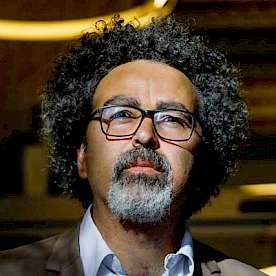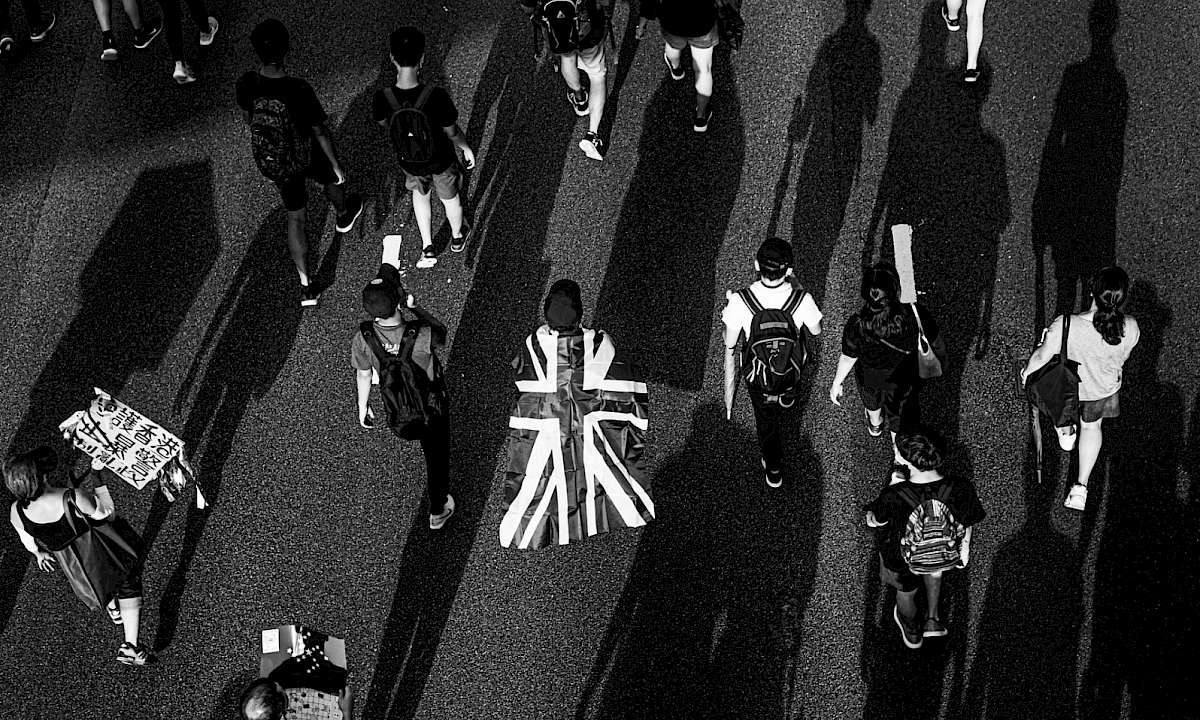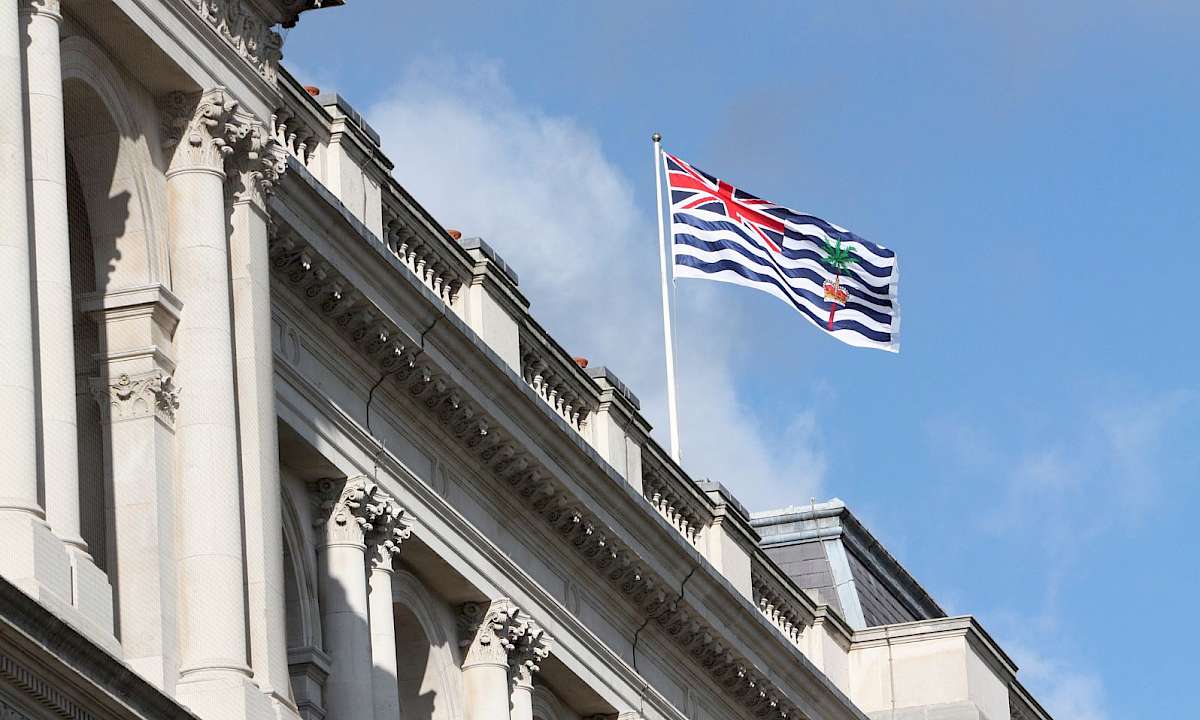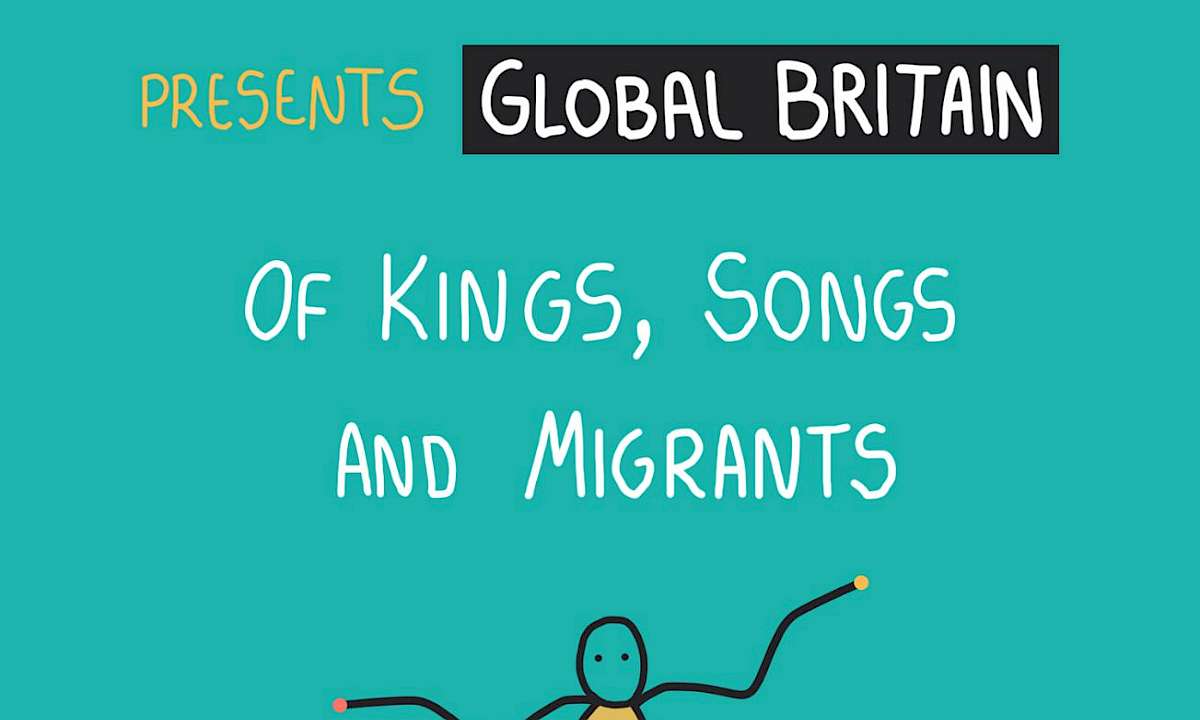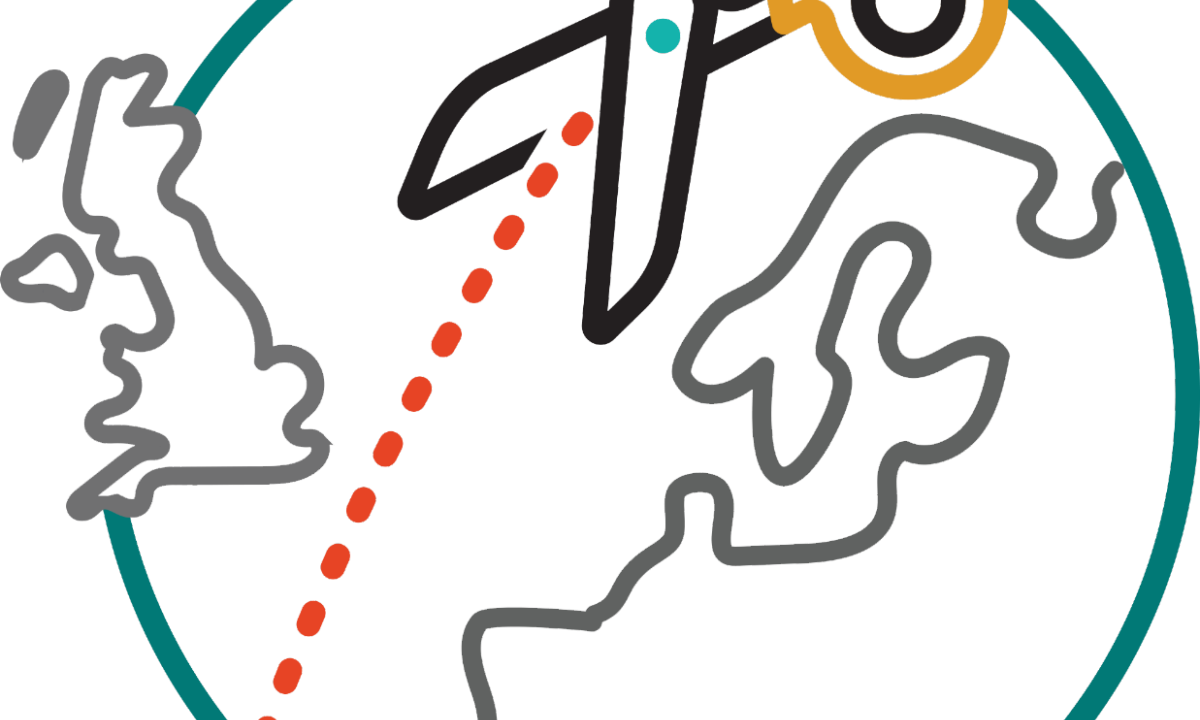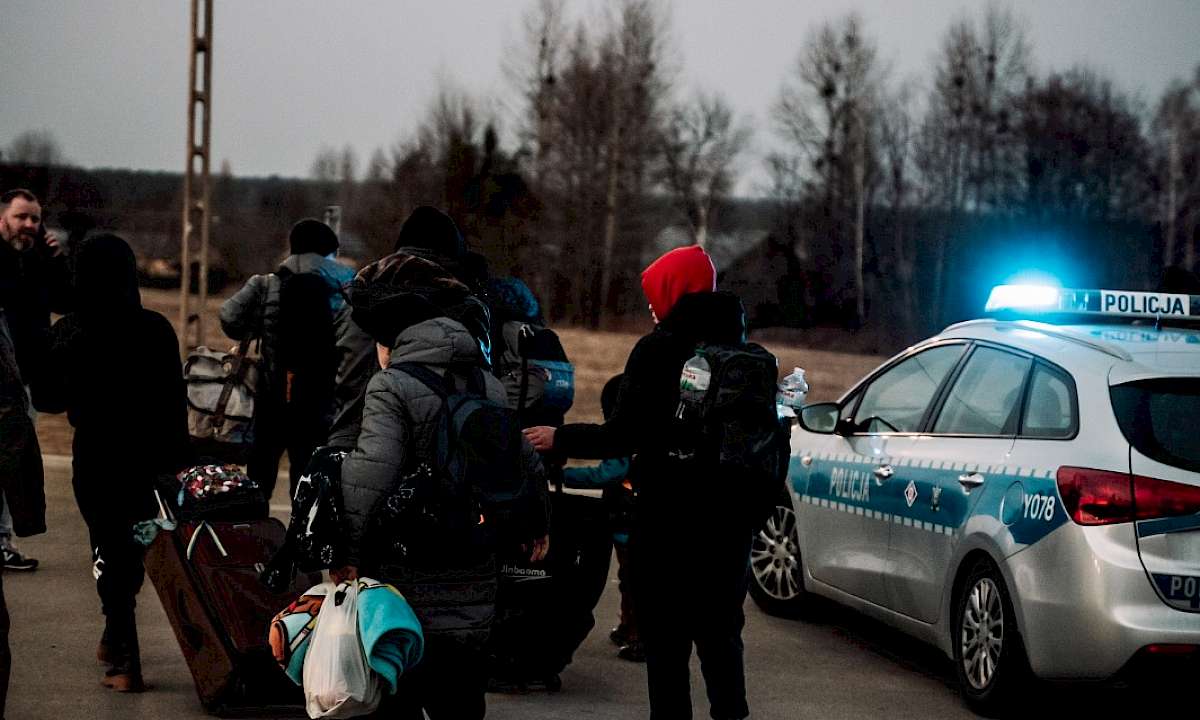
This blogpost was previously published on ODI Insights on 9 March 2022.
The United Nations High Commission for Refugees (UNHCR) has warned that the fallout from the Russian invasion and war in Ukraine "looks set to become Europe’s largest refugee crisis this century". Its latest estimate is that more than 2 million refugees have fled Ukraine since the Russian invasion began on 24 February. The agency believes this could rise to 4 million.
But in the UK, despite government rhetoric of "generosity”, the official response has been underwhelming and out of step with the rest of Europe. At the time of writing, the UK has only granted 760 visas for Ukrainians out of 8,900 applications submitted.
This response is a far cry from Ukraine's neighbouring countries, which have all kept their borders open to allow people to flee the violence. As data produced by UNHCR shows (see Figure 1), Hungary, Poland, Republic of Moldova, Romania, Slovakia and Russia have to date received the highest numbers of refugees. Onward movement towards other EU member states has also allowed nearly 235,000 Ukrainians to reach safe havens in other European countries.
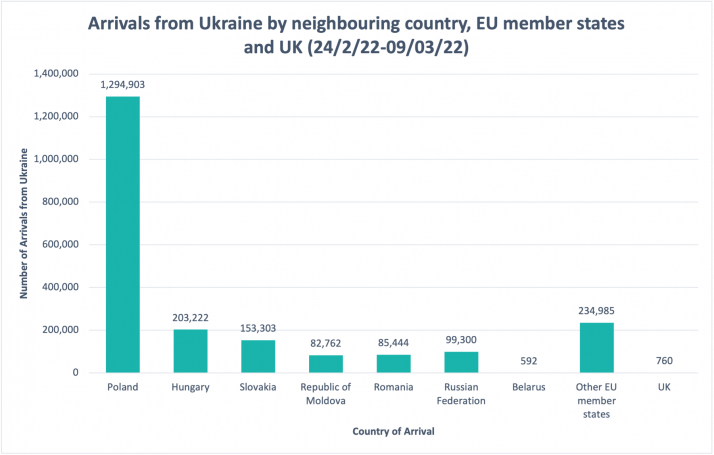
UK response to Ukrainian refugees
In the UK, which is home to an estimated population of more than 100,000 Ukrainian nationals, the process has been obstructed by the UK government's unwillingness to waive visas for Ukrainians – even for those with relatives living and working in Britain.
There have been reports of people being prevented from boarding at Calais and long queues at Britain’s understaffed visa processing centres in Brussels and Paris. People wishing to join close family members in the UK have been kept waiting for hours or simply refused entry.
This is despite repeated pledges by UK ministers to waive some visa requirements and streamline visa applications for people trying to escape the violence in Ukraine. One of the main problems is that political promises have not been followed by changes in rules and guidelines for visa officers on the ground.
Rather than being an exception, the delays and confusion are symptomatic of what several MPs, as well as peers, civil society organisations and the UNHCR have characterised as an increasingly hostile attitude to the plight of refugees by the British government.
The UK's approach to Ukrainian refugees is to make limited and targeted concessions. One example of this is waiving some visa requirements for family reunion. Initially, these concessions were limited to Ukrainians who have "immediate family members" who are British nationals living in the UK. Following a fierce public backlash, it was announced that this concession would be extended to Ukrainians with permanent residence in the UK and to their extended families and that a humanitarian sponsorship programme would be introduced. But it is unclear when it will be launched and what eligibility criteria will apply. A third humanitarian route open to everyone fleeing war in Ukraine was first announced by the home secretary – but subsequently denied by the Foreign Office.
Despite a number of concessions and U-turns, a notable absence remains: the UN Refugee Convention and the right for Ukrainian refugees to seek asylum in the UK. By sticking to their refusal to waive visas for Ukrainian nationals, the UK government has effectively closed any legal and safe route for them to claim asylum in the UK for the time being, without providing a viable alternative. This is in line with the government's New Plan for Immigration and the Nationality and Borders Bill currently at report stage in the House of Lords.
Out of step with the EU
EU countries across the bloc have opened their borders to those fleeing Ukraine and applied emergency measures which give visa-free access to Ukrainians for three months. Moreover, the European Council has agreed to provide comprehensive humanitarian protection to everyone fleeing Ukraine under the 2001 Temporary Protection Directive.
The directive grants an immediate and collective (without the need for the examination of individual applications) protection to displaced persons who are not in a position to return to their country of origin, granting rights including residence, access to the labour market and housing, medical assistance, and access to education for children across the EU.
The directive was originally designed to cope with the mass influx of displaced persons following the breakup of Yugoslavia in the 1990s but has never been activated since. But with UNHCR estimates of 4 million people fleeing Ukraine during the crisis, use of the Temporary Protection Directive is aimed at protecting the EU’s asylum system from collapse. It also aims to avoid unnecessary waiting for refugees and to enable EU member states to concentrate resources and staff on assistance and support, rather than on processing visa and individual asylum applications.
Dealing with bureaucratic walls
Early in the humanitarian crisis, the UK's immigration minister Kevin Foster commented in a tweet that Ukrainians could qualify for the seasonal worker scheme and help with fruit picking, or apply for a family visa under current rules if they already have a relative in Britain. He quickly deleted the tweet after a public backlash, but, despite several pledges and a few minor amendments, at the core the UK government policy has remained the same.
Pressure is mounting on the government and changes may be imminent. The distance between the UK government’s statements, policy interventions and their application is impossible to hide. Any change will need to also involve a shift in the application of policies. In effect the Home Office uses a lack of resources to block or delay even migration routes that are legally available (see for e.g. family reunion for Syrian refugees). We’ve seen for example how Ukrainian refugees have to date struggled to take advantage of family reunion concessions – not just in terms of the Calais example, but also their concerns that Ireland’s much more open approach will be a back door to the UK.
Photo by Kevin Bückert on Unsplash
To cite this item:
Sigona, N. and Benson, M. (2022) UK government's response to refugee crisis is too little, too confused, too slow, ODI Insights Blog, 9 March 2022 [Available Online at: https://odi.org/en/insights/uk-governments-response-to-refugee-crisis-is-too-little-too-confused-too-slow/]

